OpenAI has just unveiled the latest version of the technology that underpins its ChatGPT chatbot. Elon Musk announces ChatGPT competitor Grok. There was a US Senate subcommittee hearing on AI regulation in healthcare , a strike against OpenAI and the first wearable AI device that aims to replace smartphones.
This is a sign of how quickly the artificial intelligence (AI) market is moving, according to Reece Hayden, an analyst at ABI Research. The developments of the past week illustrate what is happening in the industry.
The AI community continues to balance the risks of unintended consequences of moving too fast, while also moving as fast as possible to stay competitive and innovative.
“Overall, it was a big week,” added analyst Hayden.
OpenAI's Big Day
About a year after launching ChatGPT, OpenAI held its first developer conference, where the company introduced a series of updates to its AI engine, including the ability for developers to create custom versions of ChatGPT (GPT).
Similar to plugins, GPT can connect to a database, be used in emails, or make e-commerce ordering easier.
In a matter of minutes, Sam Altman – then CEO of OpenAI – demonstrated how easy it was for anyone to create a GPT without any programming experience.
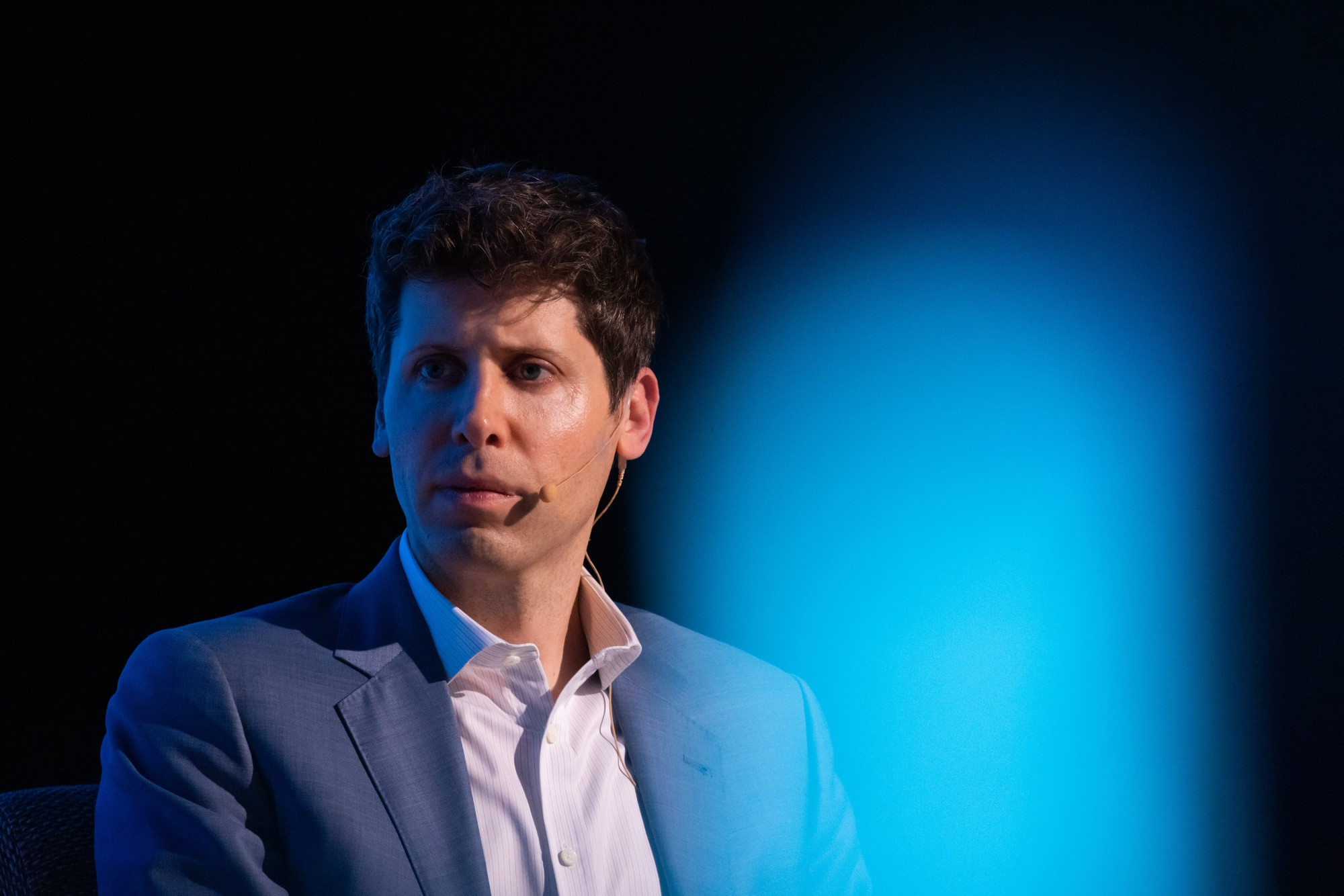
The company will also launch the GPT Store later this month for GPT searches. Similar to other app stores, they will be listed on a leaderboard, and the company will highlight useful tools in categories like productivity,education , and entertainment.
It signals OpenAI's intention to "address their commercial strategy challenges," including high costs and limited revenue streams, by building a robust developer ecosystem, Hayden said.
Altman also introduced GPT-4 Turbo, the latest version of the technology that powers ChatGPT. He also shared more about the platform’s growth: About 2 million developers are currently using the platform, and about 90% of Fortune 500 companies are using the tools internally. It now has 100 million active users.
Who Pin?
Humane, a startup founded by former Apple employees, has introduced the first AI wearable device called Ai Pin, which attaches to clothing.
It is intended to replace smartphones by projecting information onto the user's hand, capable of answering calls and performing various tasks without the need for a smartphone.
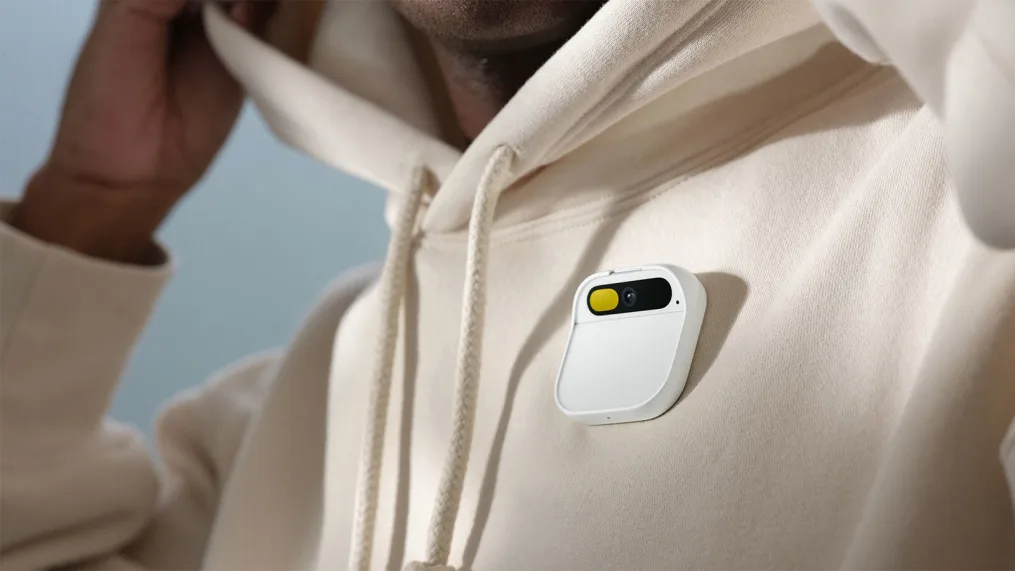
It also comes with a number of AI-powered tools, including the ability to search, send messages, and manage cluttered emails.
The Ai Pin, which runs on a Snapdragon processor and uses the Qualcomm AI engine, is equipped with depth and motion sensors, has an ultra-wide-angle camera, and a laser ink display.
Arun Chandrasekaran, an analyst at Gartner, said the Ai Pin marks a “significant step in future hardware design to create and explore a new way of interacting between humans and machines.”
Still, it’s unclear how that will be implemented on devices. Despite the promise of all-day battery life, Hayden points out that the biggest challenge to implementing AI on devices is battery life.
There are also other concerns, such as the fact that AI constantly collects and processes data, requiring trust from society. The Ai Pin, which starts at $699, goes on sale in the US from November 16.
The Appearance of Grok
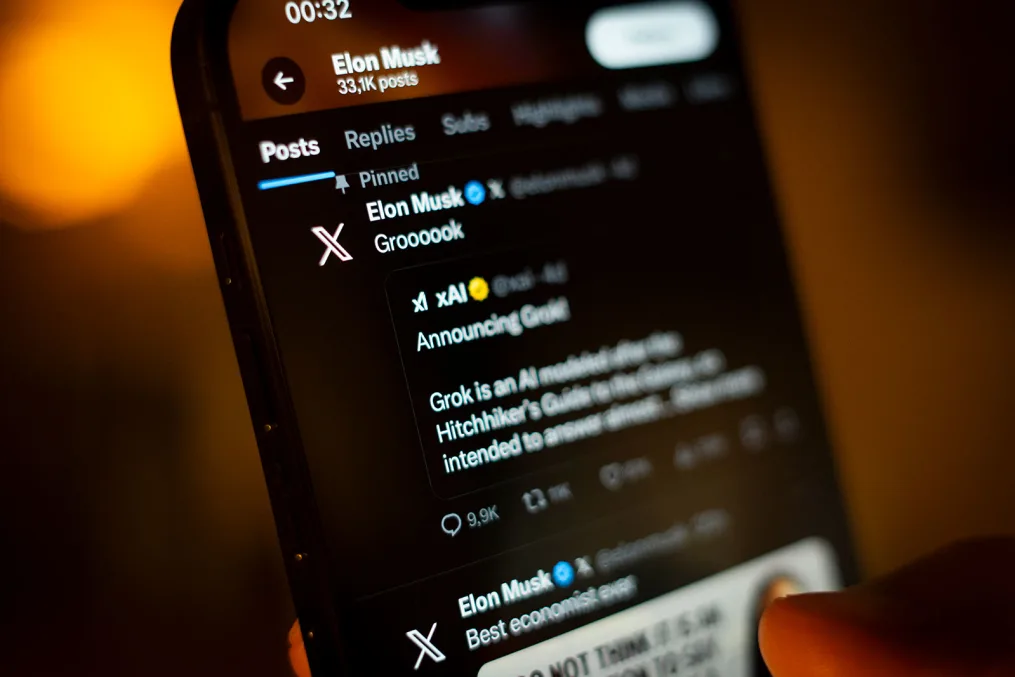
xAI – Elon Musk's AI startup – announced the Grok chatbot for some X users, with a humorous, witty and rebellious style.
Musk also said Grok has a similar sense of humor to himself. Grok was trained by having real-time access to information on X.
According to the Tesla boss, Grok is still in the early testing phase but will land on X's Premium + service in the US.
Musk co-founded OpenAI but stepped down as chairman five years ago in part over disagreements over the company's direction.
Targeted Attack on OpenAI
Two days after its developer conference, OpenAI experienced a large-scale outage of its services, which was later determined to be caused by potential targeted attacks on its servers.
OpenAI wrote on its website on the evening of November 15 that it was "dealing with a periodic outage due to an unusual traffic pattern reflective of a DDoS attack."
A DDoS attack, or distributed denial of service, refers to an attacker flooding an Internet server to disrupt normal traffic.
Users were unable to access all of OpenAI's tools and services on November 15 and received a message that the platform was operating at full capacity.
The company said no user information was compromised.
Exploit more AI
Big tech companies are also ramping up their AI efforts. Reuters reported that Amazon is investing millions of dollars in training an AI codenamed “Olympus” to be smarter than OpenAI’s GPT-4 model.
Additionally, YouTube is testing AI tools to answer questions about content, make suggestions, and summarize topics in video comments.
Chandrasekaran says that while not every company is creating giant AI models, they are continuing to build smaller and more specific models to improve their products, automate tasks, and gain a competitive advantage.
Sam Altman fired
On November 17, OpenAI shocked the tech world when it announced the firing of CEO Sam Altman. The board of directors said that Sam was not straightforward in his communication with members. The company's sudden decision was met with backlash from employees, investors, and the global AI community.
It is unclear what exactly led to Altman’s departure as CEO. However, according to Bloomberg , despite calls for Altman to be reinstated, OpenAI has hired someone else to lead the startup.
(According to CNN)

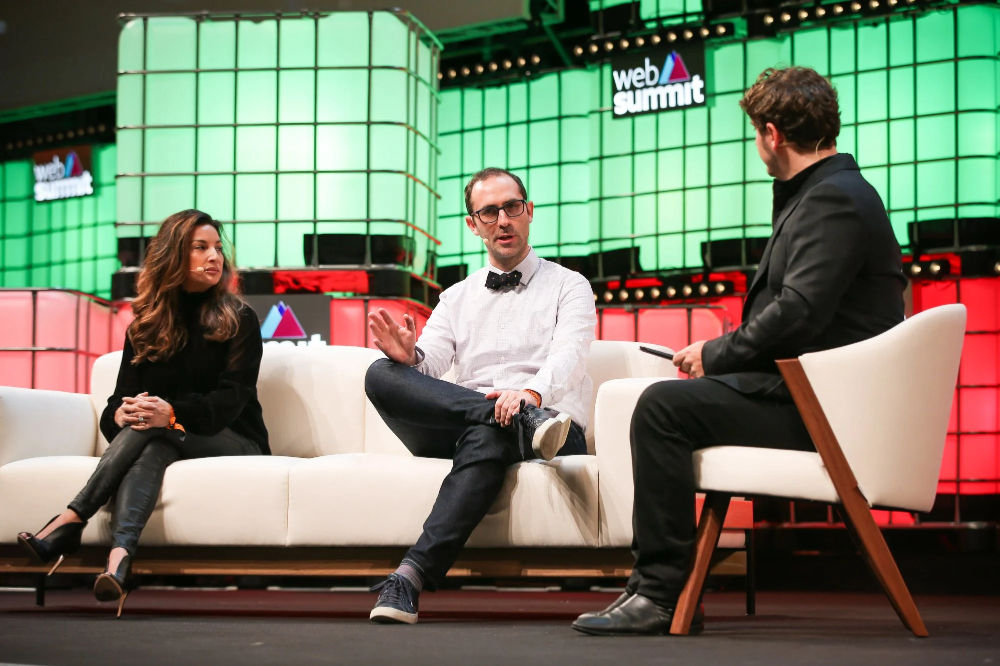
Source


![[Photo] Prime Minister Pham Minh Chinh receives leaders of Excelerate Energy Group](https://vphoto.vietnam.vn/thumb/1200x675/vietnam/resource/IMAGE/2025/5/29/c1fbe073230443d0a5aae0bc264d07fe)



![[Photo] Prime Minister Pham Minh Chinh attends the event "Digital transformation of the banking industry by 2025"](https://vphoto.vietnam.vn/thumb/1200x675/vietnam/resource/IMAGE/2025/5/29/0e34cc7261d74e26b7f87cadff763eae)





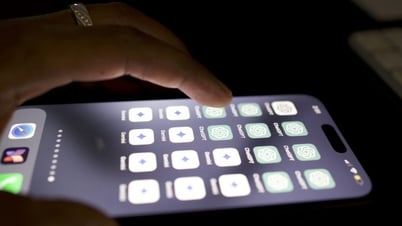

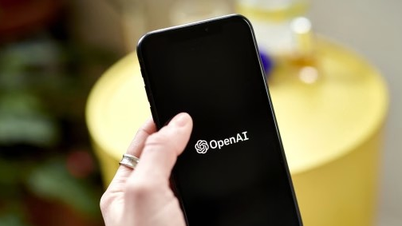
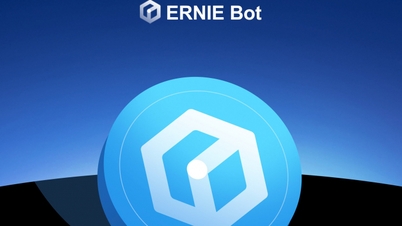
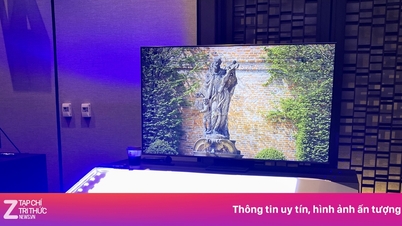







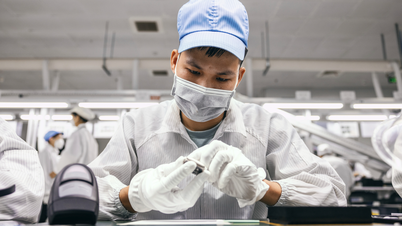
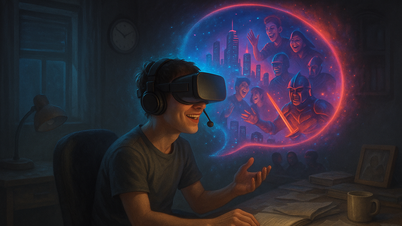




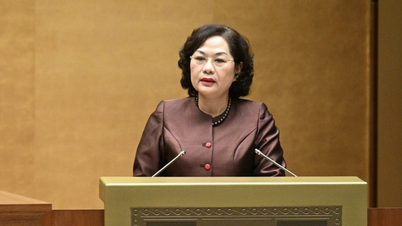



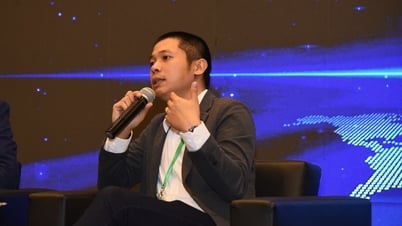






















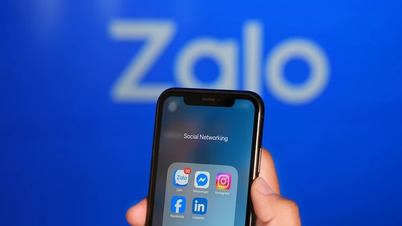
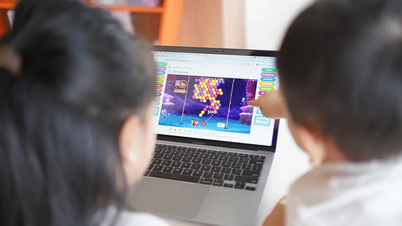

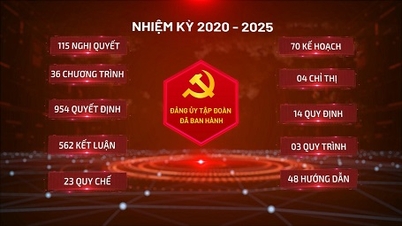


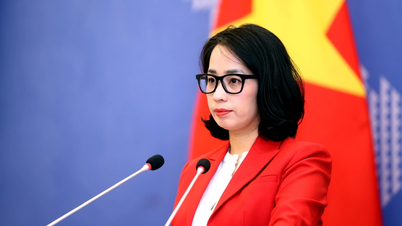







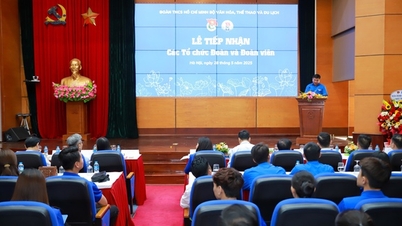

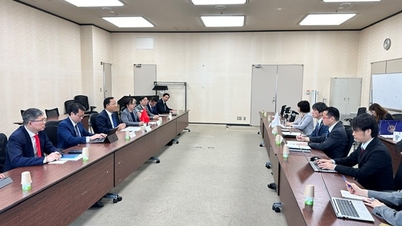



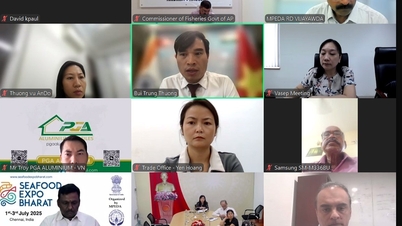
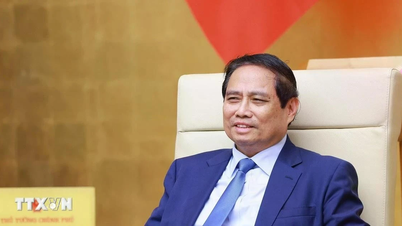























Comment (0)